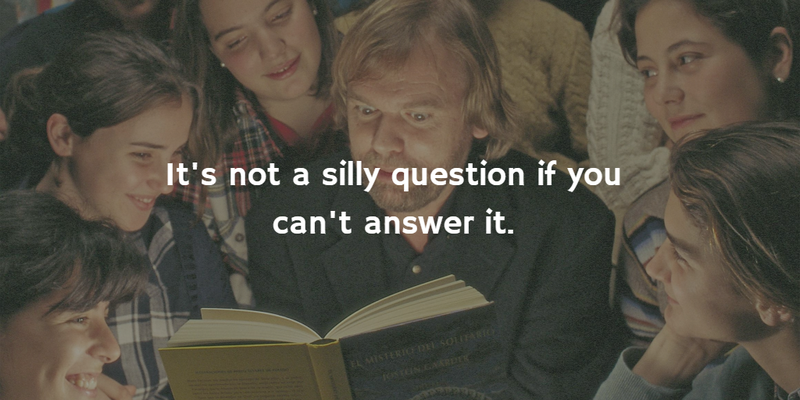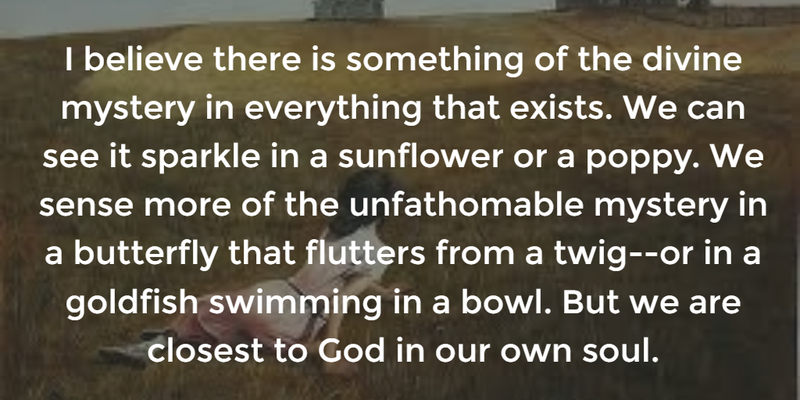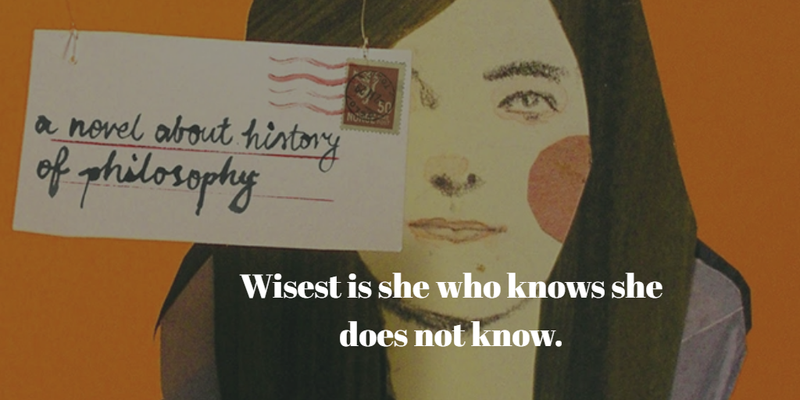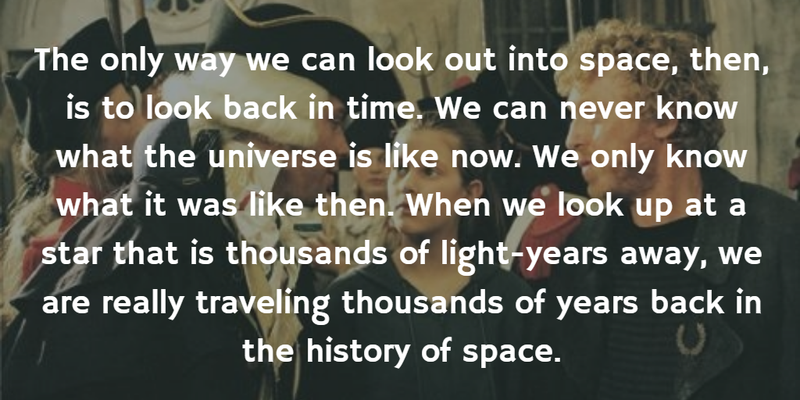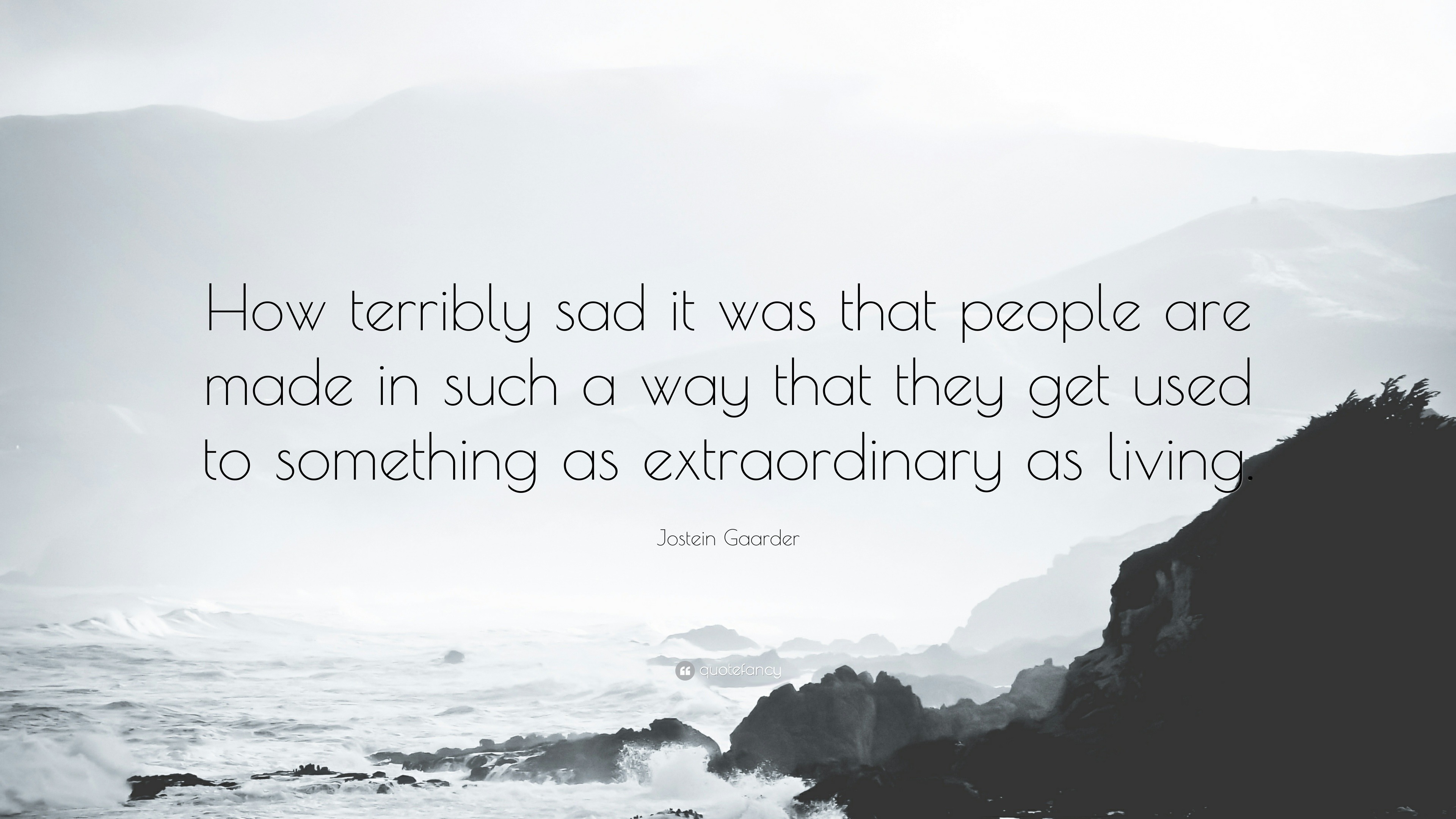Hey there!
As the year draws to a close, I'd definitely conclude that this year, though I read very few books, I read some of the most influential ones. I'm done with my first year in IB and will be starting the second one in January 2017! We've still 9 days to 2017 but I've got the next year jam-packed to the minute! Tons of homework to complete, quality time with family and friends but most importantly, the prodigious International Baccalaureate Exams! These exams will decide whether universities will accept me, whether I will get a worthwhile job and whether my parents will disown me or not! 2017 is going to be a year of collective indecisiveness, hard work, failures, successes and most importantly, a lot of tears.
2016 has been a mixed year of successes and failures. I got my ICE Certificate in March (Distinction!), continuously did bad in Math HL ever since, participated in my first ever MUN conference, participated in HMUN, learned calligraphy, did my own science experiments, wrote an 800-word Audenesque poem, a fashion article set in the 1920s but most importantly, learned a lot.
Well, enough with the talking! Here's a list of a few memorable books I read in this year (I may have missed a few):
1) Unaccustomed Earth - Jhumpa Lahiri
A decent book. A collection of short stories about Bengali families living in the US and how the immigrants' children grow, not as Bengalis, but Americans. A few stories were good but my favourite was the last one, Hema and Kaushik. My least favourite was 'A Choice of Accomodations' since I didn't quite get the point of it all.
I felt that I could relate to some of the characters in this book. Having moved to India from Singapore, lectures reminding me the importance of culture are not uncommon in my family. I strongly believe in culture and think it is essential to practice one's culture because as a human being, we have an innate need for a unique identity. While I don't mean to insult modernization, I do find it to be slightly generic and dull.
Rating: 3/5
2) The Kite Runner and And The Mountains Echoed - Khaled Hosseini


Well what can I say? I am incredibly glad to have read A Thousand Splendid Suns and incredibly glad to have a teacher recommend me this author. Hosseini is an amazing storyteller, needless to say, and his books ravage the reader's very soul. The Kite Runner was immensely heart-wrenching and shocking and written in a very entertaining style. A book that stays with you longer after you finish reading.
However, I felt rather disappointed with 'And the Mountains Echoed'. Though I understand Hosseini was experimenting with a new writing style (it consists of nine chapters, each told from a different perspective), I couldn't connect with the characters personally and I was annoyed with a few. I liked the perspective of Abdullah and wanted to read more about him but it wasn't long before Hosseini shifted to another character's perspective. Hosseini didn't just leap from perspective to perspective but also across generations and time, which left me very confused and exasperated. This book didn't have the natural rhythm to it that Hosseini's previous books had. A book you're glad you finished reading.
The Kite Runner: 5/5
And The Mountains Echoed: 2/5
3) Memoirs of a Geisha - Arthur Golden

*Accidentally watches the movie for two and a half hours*
Rating: 4/5
Well, since I'm rather out of time, I'll be listing all the books for now and updating this post later.
As the year draws to a close, I'd definitely conclude that this year, though I read very few books, I read some of the most influential ones. I'm done with my first year in IB and will be starting the second one in January 2017! We've still 9 days to 2017 but I've got the next year jam-packed to the minute! Tons of homework to complete, quality time with family and friends but most importantly, the prodigious International Baccalaureate Exams! These exams will decide whether universities will accept me, whether I will get a worthwhile job and whether my parents will disown me or not! 2017 is going to be a year of collective indecisiveness, hard work, failures, successes and most importantly, a lot of tears.
2016 has been a mixed year of successes and failures. I got my ICE Certificate in March (Distinction!), continuously did bad in Math HL ever since, participated in my first ever MUN conference, participated in HMUN, learned calligraphy, did my own science experiments, wrote an 800-word Audenesque poem, a fashion article set in the 1920s but most importantly, learned a lot.
Well, enough with the talking! Here's a list of a few memorable books I read in this year (I may have missed a few):
1) Unaccustomed Earth - Jhumpa Lahiri
A decent book. A collection of short stories about Bengali families living in the US and how the immigrants' children grow, not as Bengalis, but Americans. A few stories were good but my favourite was the last one, Hema and Kaushik. My least favourite was 'A Choice of Accomodations' since I didn't quite get the point of it all.
I felt that I could relate to some of the characters in this book. Having moved to India from Singapore, lectures reminding me the importance of culture are not uncommon in my family. I strongly believe in culture and think it is essential to practice one's culture because as a human being, we have an innate need for a unique identity. While I don't mean to insult modernization, I do find it to be slightly generic and dull.
Rating: 3/5
2) The Kite Runner and And The Mountains Echoed - Khaled Hosseini


Well what can I say? I am incredibly glad to have read A Thousand Splendid Suns and incredibly glad to have a teacher recommend me this author. Hosseini is an amazing storyteller, needless to say, and his books ravage the reader's very soul. The Kite Runner was immensely heart-wrenching and shocking and written in a very entertaining style. A book that stays with you longer after you finish reading.
However, I felt rather disappointed with 'And the Mountains Echoed'. Though I understand Hosseini was experimenting with a new writing style (it consists of nine chapters, each told from a different perspective), I couldn't connect with the characters personally and I was annoyed with a few. I liked the perspective of Abdullah and wanted to read more about him but it wasn't long before Hosseini shifted to another character's perspective. Hosseini didn't just leap from perspective to perspective but also across generations and time, which left me very confused and exasperated. This book didn't have the natural rhythm to it that Hosseini's previous books had. A book you're glad you finished reading.
The Kite Runner: 5/5
And The Mountains Echoed: 2/5
3) Memoirs of a Geisha - Arthur Golden

*Accidentally watches the movie for two and a half hours*
And I'm back!
A peaceful book. The kind you realize you've learned so much only after you've finished the book. It's rather gross in some parts, because the protagonist, Chiyo (later renamed Nitta Sayuri) loves a man around 20 years older than her.
Regardless, it's beautiful. It's culturally very rich, especially considering the fact that this is the first book I've ever read about Japanese culture. A geisha's lifestyle is poignantly portrayed, and I deeply admire the lengths to which a geisha can go to save her reputation, beauty and her danna. From the outside, I felt like geisha were "royalty" of sorts, what with their skill, grace and the money that's bestowed upon them by their customers. However, it's only later in the book that I realized that geisha are not really as gifted as the appear - Mameha says, "We do not become Geisha to pursue our own destinies. We become Geisha because we have no other choice. "
As a reader, I could see Chiyo mature through the pages and her determination to meet the love of her life again is very impressive. Towards the end of the book, Golden shows us a changed geisha district: Americans, having now won the war against Japan, are now strolling through 'sacred' geisha districts, loud and raucous. I would say this part infuriated me the most: I absolutely despised the way Americans disrespected geisha - the begin to ask for sexual favours, something geisha believe is beneath them and is the utter insult to their profession, for a geisha sells her skills, not her body.
I also felt that some parts of the book were rather slow and unnecessary.
Another favourite line from Mameha: "Remember, Chiyo, geisha are not courtesans. And we are not wives. We sell our skills, not our bodies. We create another secret world, a place only of beauty. The very word "geisha" means artist and to be a geisha is to be judged as a moving work of art."
Well, since I'm rather out of time, I'll be listing all the books for now and updating this post later.
- The Girl Who Played With Fire, Steig Larsson
- A Clash of Kings, George R.R. Martin
- Island of the Blue Dolphins, Scott O'Dell
- The Silver Star, Jeannette Walls,
- Persepolis, Marjane Satrapi
- Harry Potter and the Cursed Child, by J. K. Rowling, Jack Thorne, John Tiffany
- Stardust, Neil Gaiman
- Fatherhood, Bill Cosby
- The Rose and the Dagger, Renee Ahdieh
- And many more I can't remember!


